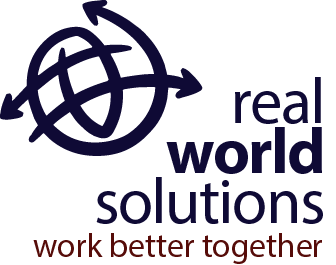Education Market
Cultural Challenges
In the US today, public education systems in every state are under pressure from rapidly growing immigrant populations. The debate continues as to whether our public schools and taxpayers should be responsible for addressing the social, cultural, linguistic, and economic complexities that are often associated with new immigrants. Meanwhile, reality requires action. Public education in the United States has traditionally assimilated newcomers into the American political, economic, and social "mainstream."
This traditional mission for our schools and the multicultural makeup of current student populations presents pressing challenges for even the most seasoned educators. At the district and school level, strategic planning for continuous improvement must address the intercultural competency of teachers, staff, and administrators. Training specifically designed to increase multicultural competence for educators would benefit all stakeholders in public education.
Real World Solutions
Our programs offer professional guidance for teachers, staff, and administrators to increase the levels of multicultural awareness and sensitivity across the board. Our intercultural communication training helps teachers answer the pressing question: How can I teach students who come from a culture different from my own and of which I have little knowledge?
The Real World Solutions' tool kit - practical tools tailored to each of our clients - strengthens educators as they teach culturally diverse students.
The RWS tool kit:
- Assists teachers and staff in developing an understanding of "culture" that goes beyond food, costume, and festivals to include culturally diverse cognitive styles, cultural values, nonverbal behaviors, and language use.
- Gives teachers, staff, and administrators a framework for understanding their own cultures as a critical baseline from which to learn about and appreciate other cultures.
- Promotes an understanding of the difference between cultural generalizations and cultural stereotypes, thereby defusing intergroup tensions and conflicts.
- Fosters the belief among educators that a multicultural education prepares students for life in an ethnically diverse society with accompanying cognitive and affective benefits.
- Supports district initiatives to recruit, hire and retain more minority classroom teachers.

